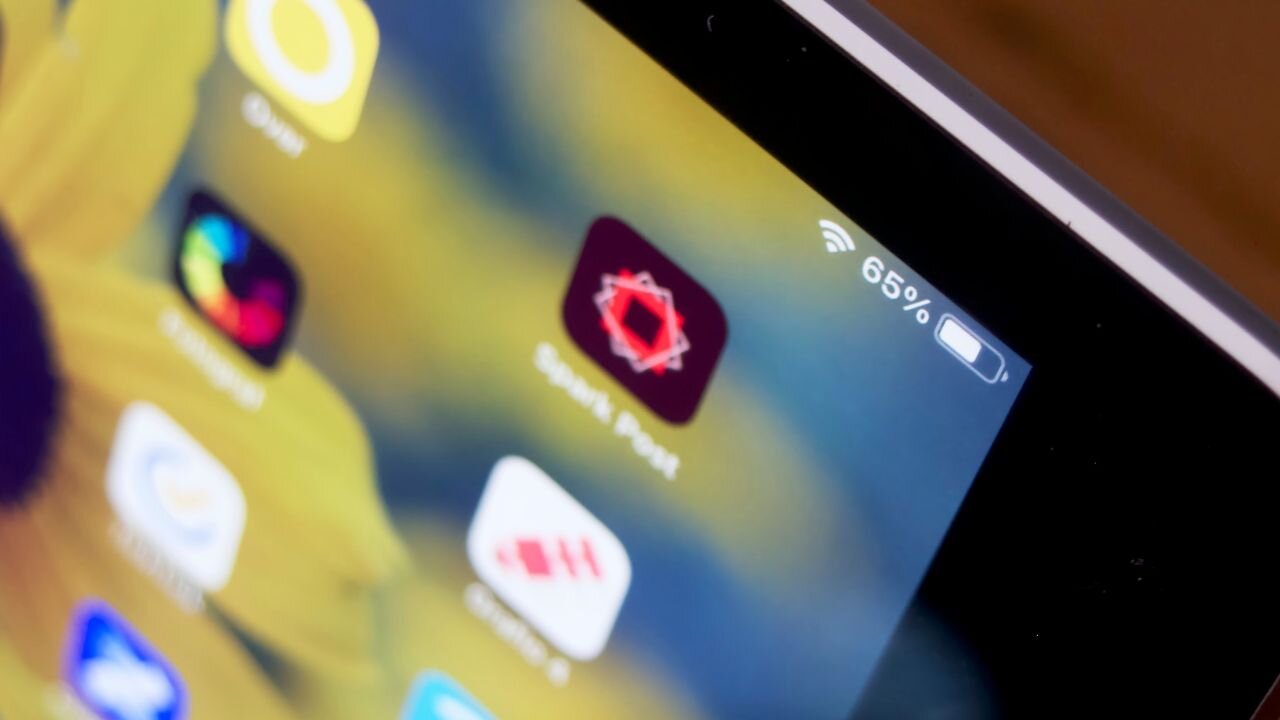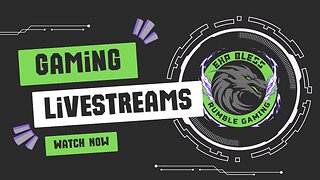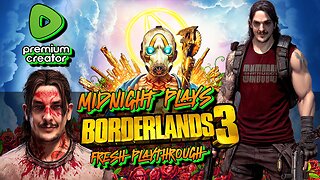Premium Only Content

Half of Gen Z feels like they’re living a double life
Almost half of Gen Z Americans feel like they’re living a “double life” — between their online and offline selves, according to new research.
The survey of 2,000 American respondents, split evenly by generation, found that 46% of Gen Z respondents feel this duality, where their personality online vastly differs from how they present themselves in the real world.
But they’re not the only ones: this feeling was shared by 27% of respondents across generations, with 38% of millennials experiencing this, as well as 18% of Gen X and 8% of baby boomers.
Respondents were also asked if they’re keeping their online persona a secret from any family members — one-fifth of respondents agreed. Across younger generations, 31% of Gen Z respondents admitted their online world is a secret from family, while 27% of millennials said the same.
This research was conducted by OnePoll on behalf of Lenovo for the latest iteration of its “Work for Humankind” project, called “Meet Your Digital Self.” In this project, Lenovo brought the online personas of two Gen Z individuals to life as three-dimensional avatars.
The avatars not only resembled each individual, but also responded to real-time conversation, adjusting their tones, movements and facial expressions based on individual idiosyncrasies and emotions.
The goal was to enable meaningful conversations between the Gen Z participants, their family, and the avatars, deepening understanding of each of the three participants’ online worlds.
The survey highlighted the value of these conversations, as 53% of Gen Z respondents said it’s easier to express themselves online than offline.
That’s compared to 40% of respondents overall — including 49% of millennials and 35% of Gen X, while less than a quarter (23%) of baby boomers said the same.
And while it may be easier for some respondents to express themselves online, half (49%) admit they sometimes feel a disconnect between who they are online and offline — with that number again highest for Gen Z respondents (68%).
For those who experience this disconnect, regardless of age, it’s led to feelings of anxiety (18%), loneliness (17%) and depression (15%).
Respondents were also asked what they were more comfortable sharing online. About a fifth were more comfortable sharing their ambitions (21%), their fears or insecurities (17%) and their beliefs — political or otherwise (19% each) — online than they would be offline.
Compared to their offline self, their online persona also has clearer likes/dislikes (22%), and different likes/dislikes (17%) — as well as more controversial opinions and values (15% each).
“Around one in five of the world’s young people have a mental health condition, reflecting a global crisis. We are committed to developing smarter technology to address some of the world’s most pressing issues,” said Gerald Youngblood, CMO, Lenovo North America. “Advancements in AI and smarter technologies allowed us to explore new and creative ways to use technology for good. We hope this social experiment will drive more conversations between friends and family about the need to understand each other’s worlds for the sake of mental wellbeing.”
Survey methodology:
This random double-opt-in survey of 2,000 American respondents — split evenly by generation — was commissioned by Lenovo between March 29 and April 9, 2024. It was conducted by market research company OnePoll, whose team members are members of the Market Research Society and have corporate membership to the American Association for Public Opinion Research (AAPOR) and the European Society for Opinion and Marketing Research (ESOMAR).
-
 0:53
0:53
SWNS
13 days agoHow America’s housing crisis changed ‘affordable housing’
41 -
 LIVE
LIVE
Major League Fishing
3 days agoLIVE Tackle Warehouse Invitationals Championship, Day 3
184 watching -
 2:15:06
2:15:06
Game On!
19 hours ago $20.32 earnedNFL Week 1 Wise Guy Round Table BEST BETS!
113K2 -

EXPBLESS
4 hours agoNew Game + On Elden Ring 🔥JOIN UP
8.17K -
 12:11
12:11
Nikko Ortiz
1 day agoCrashout 6 Rumble
61K8 -
 LIVE
LIVE
Midnight In The Mountains
6 hours agoGaming w/ PER·SE·VER·ANCE | Sunday Funday Split Screen Gameplay BL3
128 watching -
 24:39
24:39
GritsGG
19 hours agoINSANE Ranked Game on Warzone!
42.9K3 -
 LIVE
LIVE
MrR4ger
1 day agoWE BACK FROM VACAY MFKERS......THE HELL IS THIS? - HELL IS US
76 watching -
 4:27:16
4:27:16
Joe Donuts Live
5 hours ago🟢 Squashing Bugs Like They Owe Me V-Bucks!
12.9K -
 10:16:09
10:16:09
GamersErr0r
14 hours ago $1.08 earnedLate Night Sweat Fest | Celestial Climb | Marvel Rivals
13.9K3